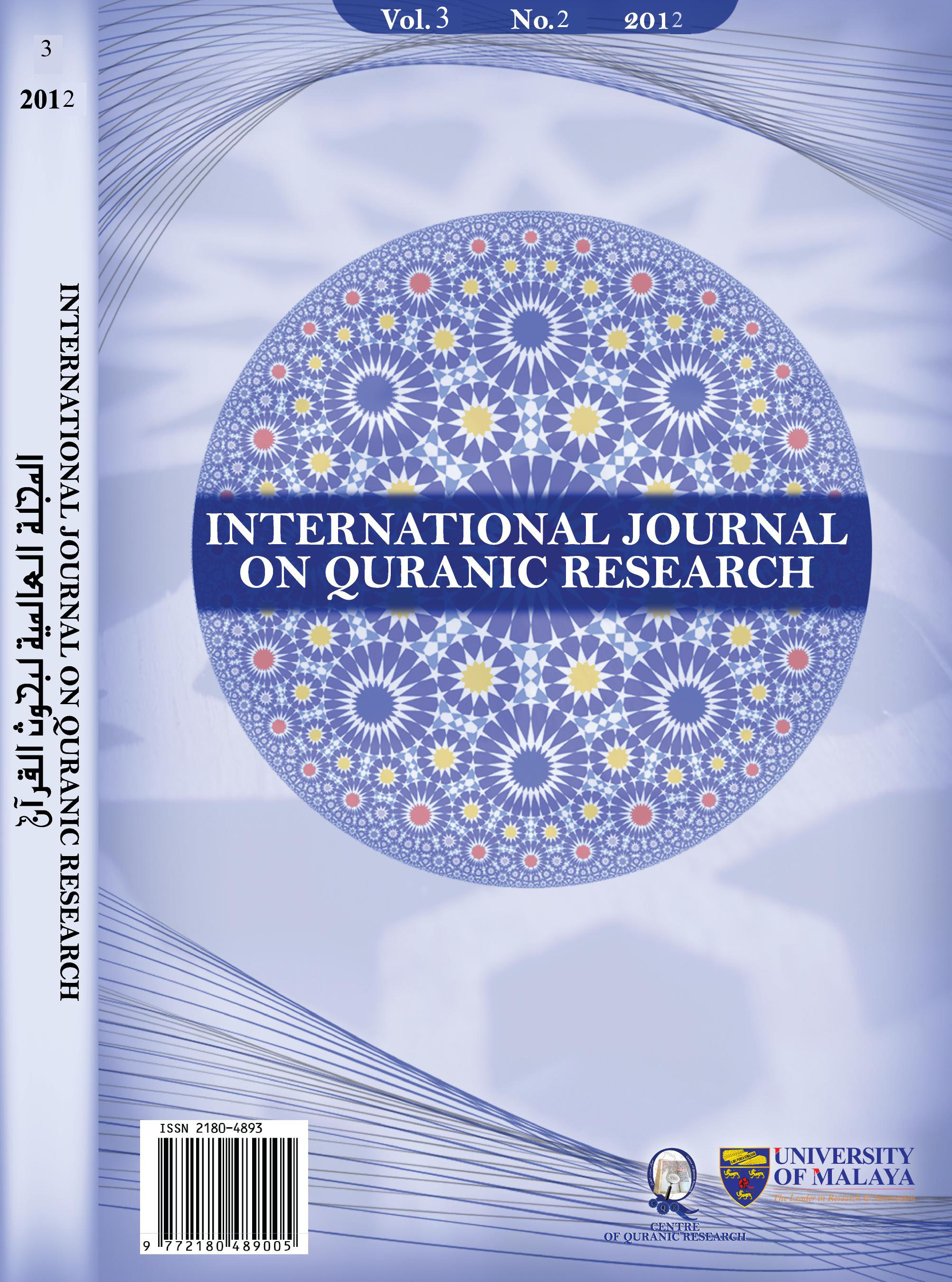The Maqasid Theory in Imam Ghazali's View: Textual Analytical Study
Main Article Content
Abstract
The present study identifies the theory of Imam Al-Ghazali regarding the objectives of Islamic law (Maqasid Al-Sharīʻah) an analytical vision to understand the Quranic texts. The inductive method was used to collect the Ghazali’s statements and texts related to the objectives of Islamic Sharīʻah from his pivotal books concerning this issue. It also depended on the analytical method which analysed the theory in the light of statements and texts of Al-Ghazali and providing some comments concerning it. This study indicated the original objectives of Islamic law establishment according to Imam Al-Ghazali, and his view regarding causality, interest (Al-Maslaha) or reformation, which are considered to be fundamental concepts upon which the theory is built, and upon such contexts the theory of Maqasid evolved and solidified. This study relied on some quotations of scholars that demonstrate Al-Ghazali’s leading contributions to the formulation of this theory, and its pertinent role in establishing the frameworks of Al-mqasid, including the objectives of the legislator, the legally commissioned person (Al-Mokallaf), how to prove AlMaqasid, and activate its jurisprudence in reforming the society, by which, Al-Ghazali combined the theory and application in this issue.
Downloads
Article Details
Disclaimer
QURANICA makes every effort to ensure the accuracy of all its contents. However, opinions, discussions, views and recommendations are expressed in this journal do not necessarily reflect the official policy of QURANICA or views of its editors or publishers. Therefore, QURANICA and its publishers will not be liable for any controversy may be arisen. The journal reserves the right, at its sole discretion, to change its terms and conditions of publications.
Copyright
It is a condition of publication that manuscript submitted to the journal have not been published, accepted for publication, nor simultaneously submitted for publication elsewhere. By submitting a manuscript, the author(s) agrees that copyright for the article is transferred to the publisher, if and when the manuscript is accepted for publication.
